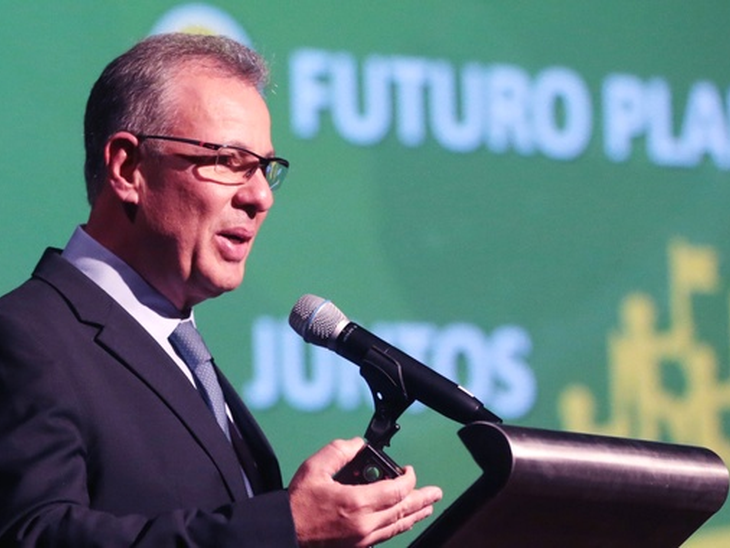
 Ministry of Mines and Energy (MME)
Ministry of Mines and Energy (MME)
T&B Petroleum/Press Office MME

The Minister of Mines and Energy, Bento Albuquerque, attended, today, 11th, Public Hearing at the Chamber of Deputies Committee on Travel and Transport, where he gave a presentation on the activities of Pasta and the measures that are taken by the Government to reduce concentration. fuel market in Brazil and Petrobras' monopoly at various points in the oil and gas chain.
Bento Albuquerque presented updated data on the state of the sector: in the production and distribution market, 99% of refining and primary logistics is concentrated in Petrobras; only 4 companies concentrate 72% of the gasoline, diesel oil and hydrous ethanol distribution market; and only 3 companies concentrate 99% of the Aviation Kerosene (QAV) distribution market.
The Minister emphasized that the Government is working to eliminate concentration in the sector and detailed some measures already taken. In the case of Petrobras' refining monopoly, the National Energy Policy Council (CNPE), chaired by Albuquerque and composed of seven ministers of state, issued Resolution (No. 9/2019) with guidelines for Petrobras to divest refining assets. and fuel handling infrastructure: and No. 12/2019, with guidelines for promoting free competition in fuel supply.
The Minister stressed that since 1997 the monopoly of Petrobras has ended, but in practice it has continued to exist. It detailed 15 public policy measures already adopted by the Government for the sector. He highlighted the measures adopted to combat fuel theft, as well as evasion and tampering. Actions involving several other areas of government.
Albuquerque recalled that diesel fuel sold at the pump is one of the cheapest in the world today (8% lower than the May 2018 strike price for truck drivers). The Minister concluded his presentation by stressing that “fuel producers and importers are free to practice market prices without government interference”. That the MME seeks to encourage measures that promote competition in the sector, but that the challenge is governance to attract new investments in refining, storage and movement of fuels.
He concluded by saying that “greater competition in fuel supply aims at the benefit of society and the protection of consumers regarding price, quality and supply of products”.
Contact us